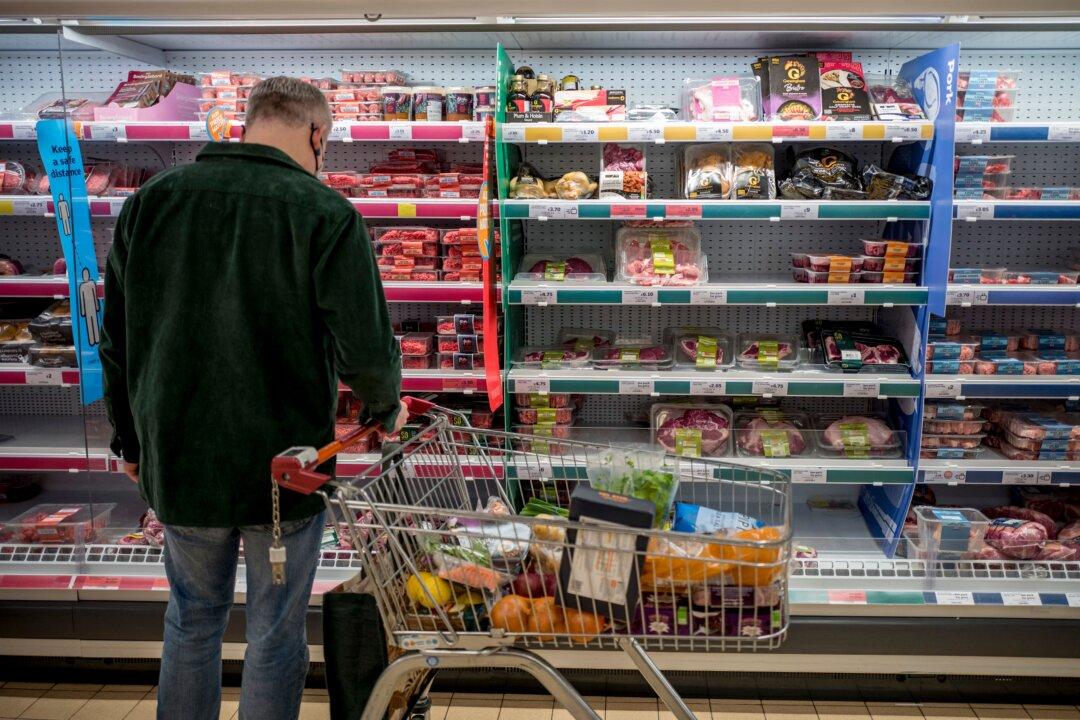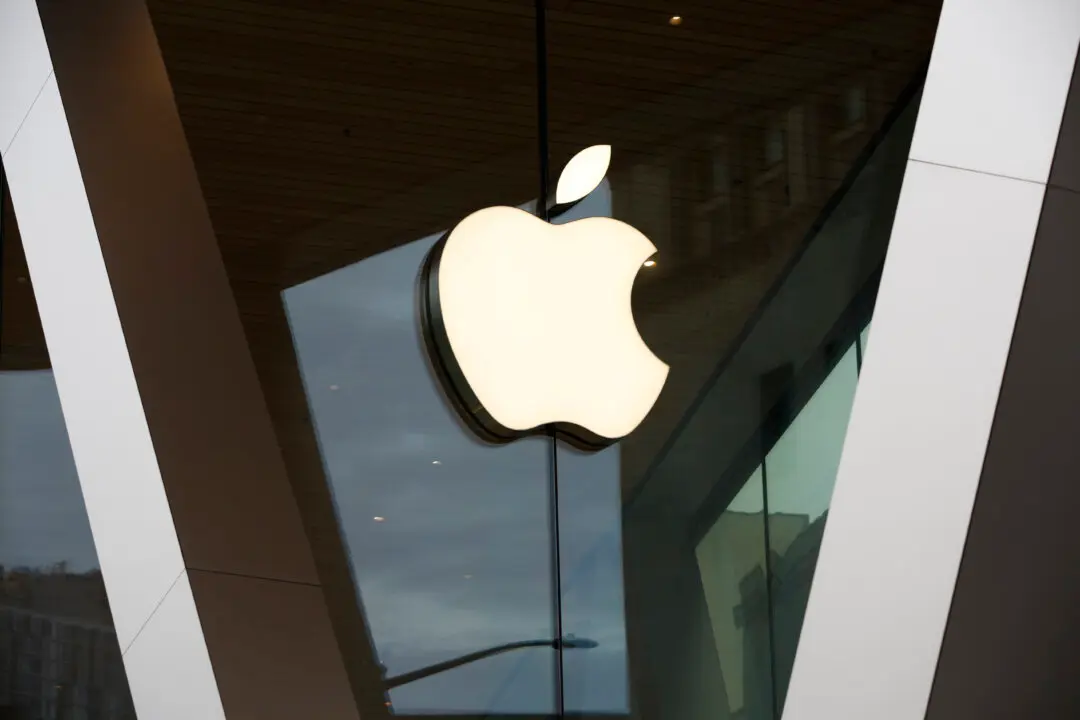The price rises in shops have slowed to their lowest rates since last October, which has been helped by the cost of fresh food increasing less rapidly.
Prices rose 6.9 percent in the year to August, down from 7.6 percent in July, the British Retail Consortium (BRC) has reported.





